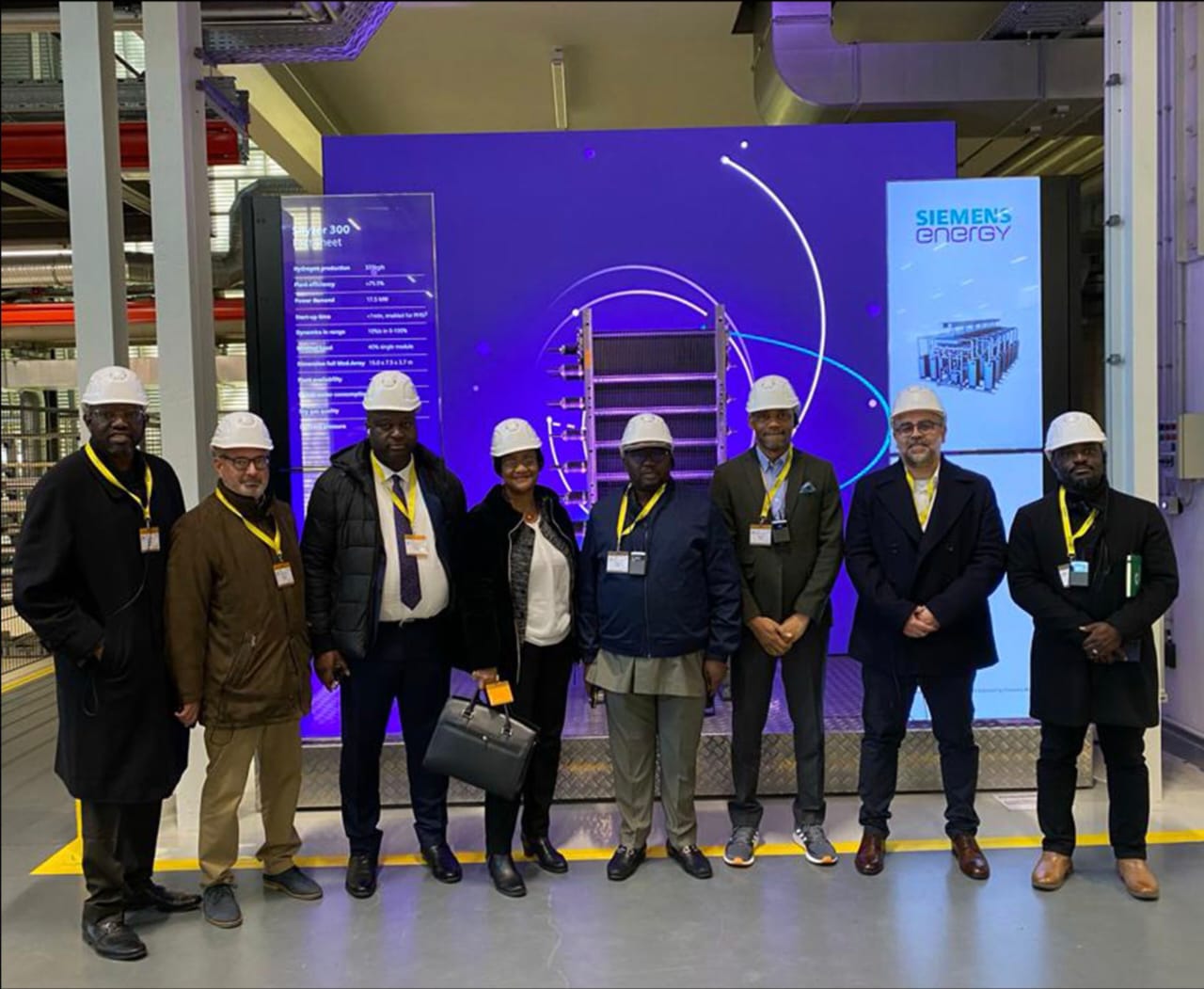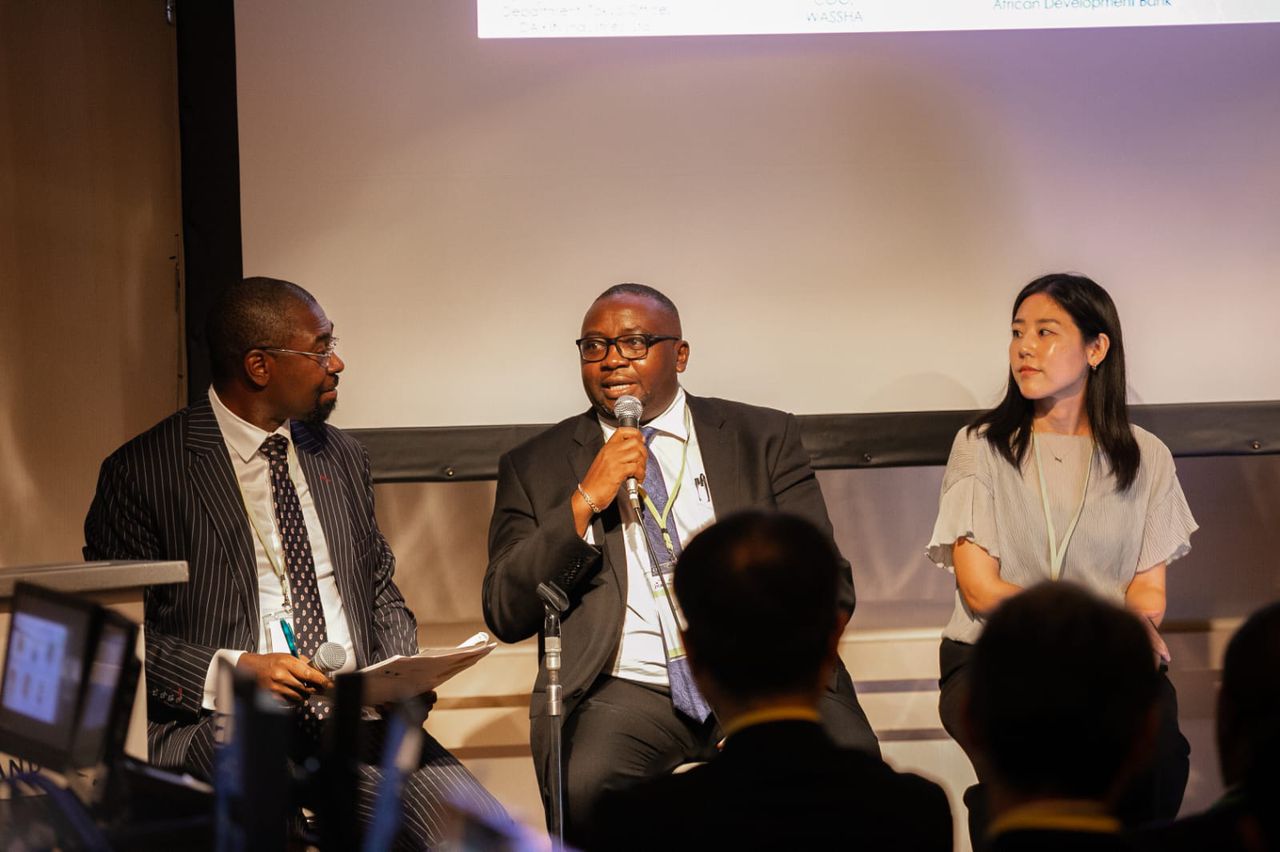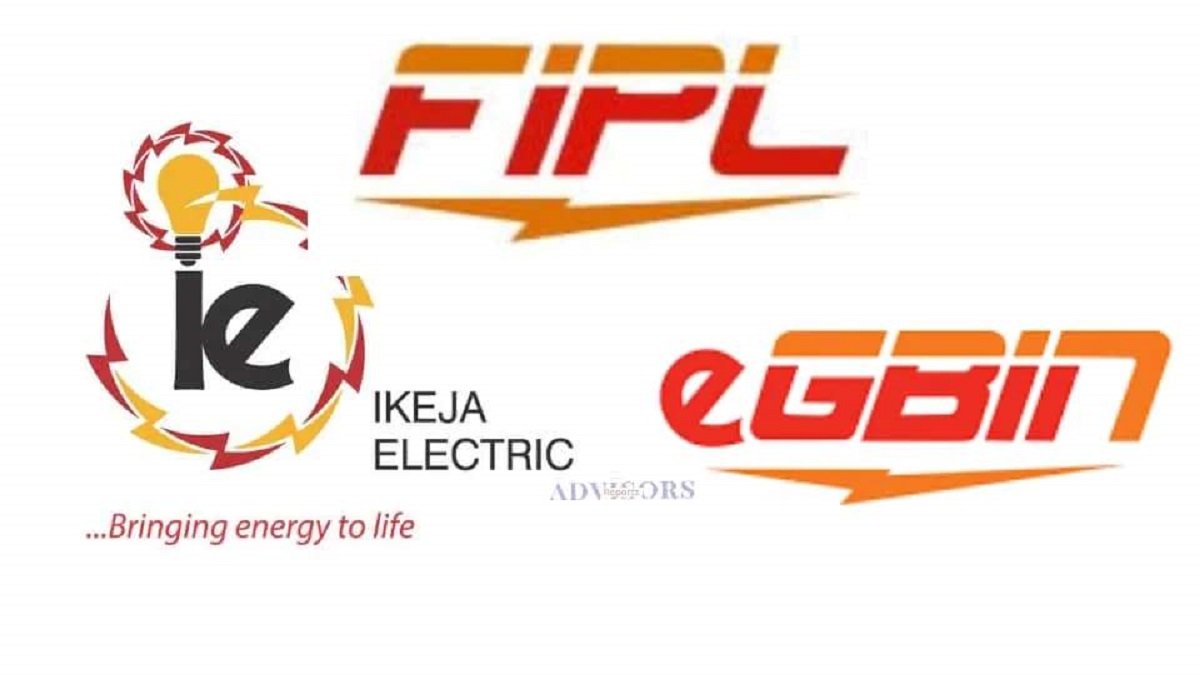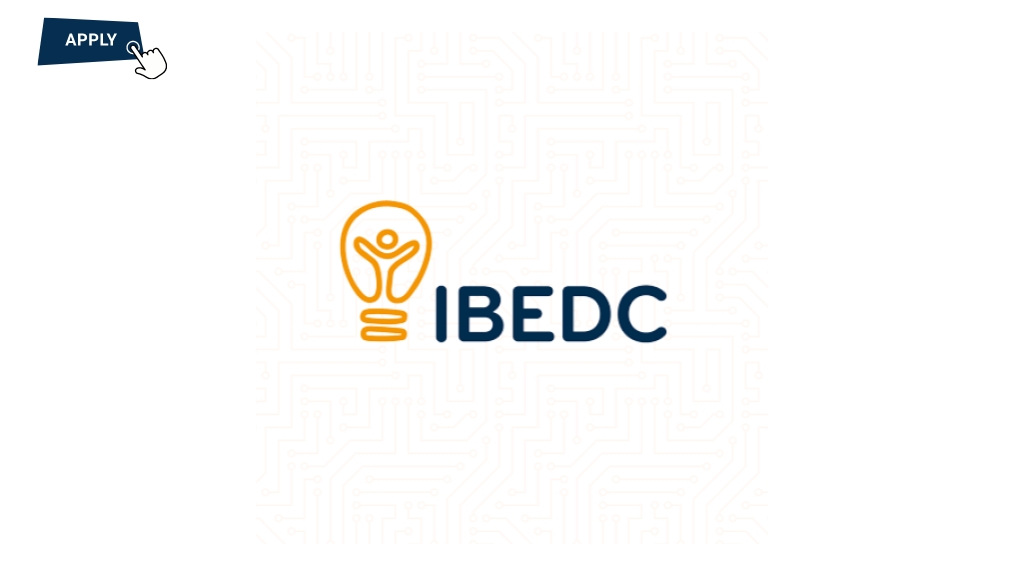
The Federal Government has commenced Phase Two of the Siemens Power Project, a flagship initiative under the Presidential Power Initiative, designed to overhaul Nigeria’s electricity transmission system and inject 12,000 megawatts of power into the national grid.
The project followed an agreement signed on December 1, 2023, between the Governments of Nigeria and Germany.
The deal laid the foundation for a partnership targeted at ending chronic instability in the country’s power sector.
Confirming the development, the Media Adviser to the Minister of Power, Bolaji Tunji, said work under the second phase had officially started after financing arrangements with Siemens Energy were concluded.
“Phase 2 of the Siemens Projects is now underway, following the successful finalisation of financing. This phase will deliver seven upgraded existing power lines and ten new ones, covering 544 kilometres and capable of carrying 7,140 megawatts of power.”
He explained that the upgrades are part of the PPI, which aims to raise transmission capacity in stages to meet the long-term target of 12,000 megawatts under the bilateral pact.
Tunji noted that groundwork had been done through the delivery of key equipment during the pilot stage.
Earlier this year, the Minister of Power, Adebayo Adelabu, told the National Assembly that the project would begin within the first quarter of 2025.
Tunji also highlighted progress from the pilot phase, pointing out achievements that showed the project’s potential for long-term sustainability.
He said, “FGN Power Company, the Special Purpose Vehicle for the PPI, successfully received 10 power transformers and 10 mobile substations from Siemens Energy under the pilot stage. This is to significantly improve the nation’s transmission capacity by over 1,300MW.”
He added that installation work was already more than 80 per cent completed, which paved the way for the start of Phase 2.
According to him, the equipment was deployed to strengthen weak points in the grid and reduce the frequency of system collapses.
“These critical assets have been strategically deployed at key sites nationwide, such as Okene, Amukpe, Potiskum, Apo, Ihovbor, Birnin Kebbi, Ajah, Nike Lake, Kwanar Dangora, Maryland, Omu Aran, Ojo, Saapade, University of Ibadan, Federal University of Technology Owerri, and Eleyele in Ibadan,” he said.
On financing, the Minister’s aide confirmed that Nigeria would contribute domestic funds in addition to the international facility secured with Siemens.
“There would be counterpart funding from Nigeria. I do not have that figure immediately,” Tunji noted.
He stressed that the new phase was not just about building new power lines but about solving problems that had affected citizens for decades.
“These Phase 2 projects will significantly increase electricity reliability and accessibility for millions of Nigerians. The Federal Government is upgrading the transmission network through this project,” Tunji said.
On December 1, 2023, Nigeria and Germany signed the Presidential Power Initiative agreement to add 12,000 megawatts of electricity to the grid.
The signing was presided over by President Bola Tinubu and German Chancellor Olaf Scholz during the United Nations Climate Change Summit, COP28, in Dubai, United Arab Emirates.
Managing Director of FGN Power Company, Kenny Anuwe, and Siemens Africa’s Managing Director, Nadja Haakansson, signed the deal. However, the contracts were first initiated under former President Muhammadu Buhari in 2018.
The Director-General of the Bureau of Public Procurement, Adebowale Adedokun, also disclosed that the bureau had saved about $115,000 for the government during the negotiation of the Siemens project.
He explained that due diligence was applied to safeguard Nigeria’s interest.
He said, “One of the things that we have done is to look at the Siemens project. We went through negotiation. We scrutinised the request and learned that the government has saved about $115,000 through a negotiation. So that is a plus already; in just two weeks, we went into deep review and negotiation, and they saw the benefit.
“That money would naturally have gone into that contract without anybody doing anything about it. But we have been able to say, ‘No, we are working for the interest of Nigeria. You must come down from your initial price based on our price intelligence. BPP is that fulcrum that can defend the government regarding how much a contract should be when we do our proper due diligence.”
The Federal Executive Council had earlier approved N262.75bn (€161.33m) for the first Phase of the Siemens Project. This includes engineering, procurement, construction, and financing for 330/132 KV and 132/33 KV substations in Onitsha, Offa, Abeokuta, Ayede, and Sokoto.
Following the FEC approval, Adelabu explained that Phase I of the Siemens project covered transmission upgrades and expansion. It included 14 brownfield substations for upgrades and 21 Greenfield substations, which are new builds across the country.
“The first batch of this Phase I project includes Onitsha, 330/133 KV substation under the Enugu electricity distribution company; two, Offa 132/33 KV substation under the Ibadan electricity company.
“There is the new Abeokuta 330/132 KV substation. We have the Ayede 330/132 KV substation. And lastly, the Sokoto 132/33 KV substation. Those are the five substations to be worked upon under the first batch of Phase I of the Siemens project. And we expect that this will further improve and stabilise the transmission segment of the power sector value chain in the not-too-distant future on completion,” the Minister of Power explained.








